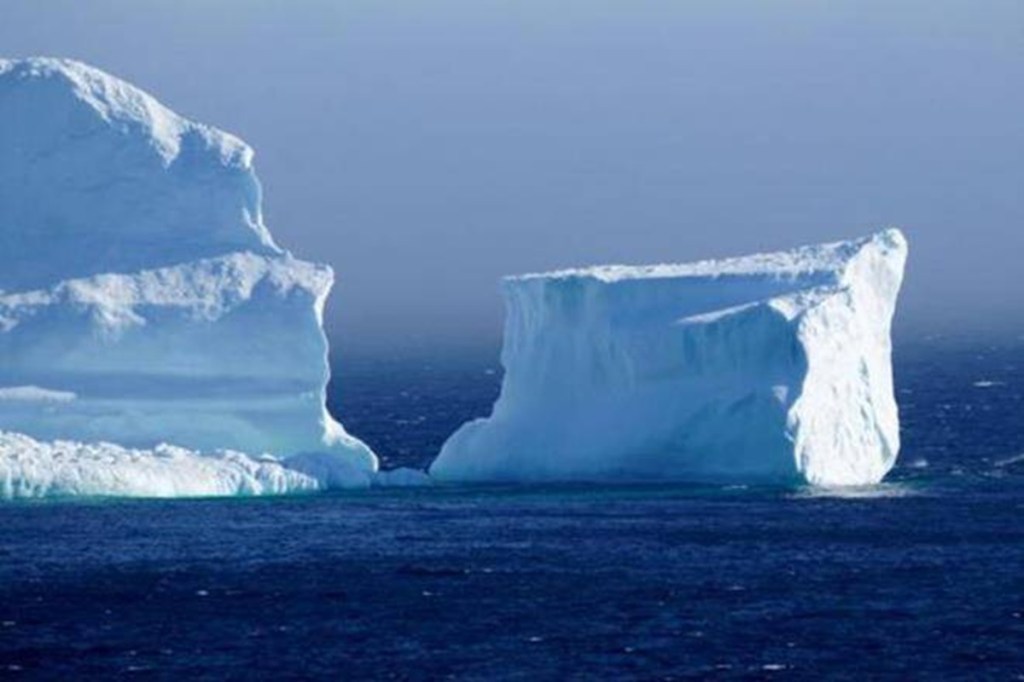A-76, the world’s largest iceberg, has just broken off from the Antarctic ice-shelf. Last month, the US National Ice Center reported that A-68, an even bigger one, had melted. Indeed, a recent study by the University of Leeds had found the world has lost a whopping 28 trillion tonnes of ice between 1994 and 2017; for perspective, that is over 1.2 trillion tonnes of ice lost per year in about two decades, while , till 1994, the ice-loss had been some 800 billion tonnes a year. The rise in ice-volumes melting signals an acceleration of climate change, due to anthropogenic factors, and warns of catastrophic warming. But the world is ignoring this. The world is already warmer by 1.1oC than it was in pre-industrial times, and is on the path to get warmer by over 2oC by 2100, even with current climate action by countries. Without immediate, and drastic, reduction of greenhouse gas emissions, various expert bodies have repeatedly warned over the last few years, keeping the planet on a warming trajectory that avoids catastrophic impact for large swathes is impossible.
A new study published in Nature posits Antarctica is fast approaching the tipping point, after which ice-loss becomes irreversible; that tipping point could come in the next four decades if emissions continue at their current pace. And, by 2100, the sea-level could be rising 10 times faster than today. A study in Scientific Reports projected, in 2020, that 300 million would be exposed to inundation and episodic coastal flooding by 2100 and the value of the global assets threatened by these episodes at $6-9 trillion due rising sea levels.
What the Nature study shows, critically, is that carbon-capture technologies—philanthropist and climate-action champion Bill Gates has placed his faith in these, as have many others who either believe drastic climate action is not possible or that we have already missed the bus on meaningful warming-containing action—may not be of much help, say Julie Brigham-Grette and Andrea Dutton, US-based geoscience professors, in an article in The Conversation. If indeed that is true, it changes the climate action priorities fundamentally. Rich nations that have eaten up most of the world’s carbon budget in their paths to growth can no longer evade giving the rest of the world the resources it needs to pursue green growth urgently. The Green Climate Fund, as this paper has pointed out repeatedly, has become an example of the continued failure of the developed world to do this. The US, and the EU, that have committed to significant net-zero targets, should no longer plead merely this action; in any case, this has come much too late. Countries whose policies are consistent with a 2oC pathway number in low single-digits; without exemplary climate leadership by the developed nations, there is little hope.


